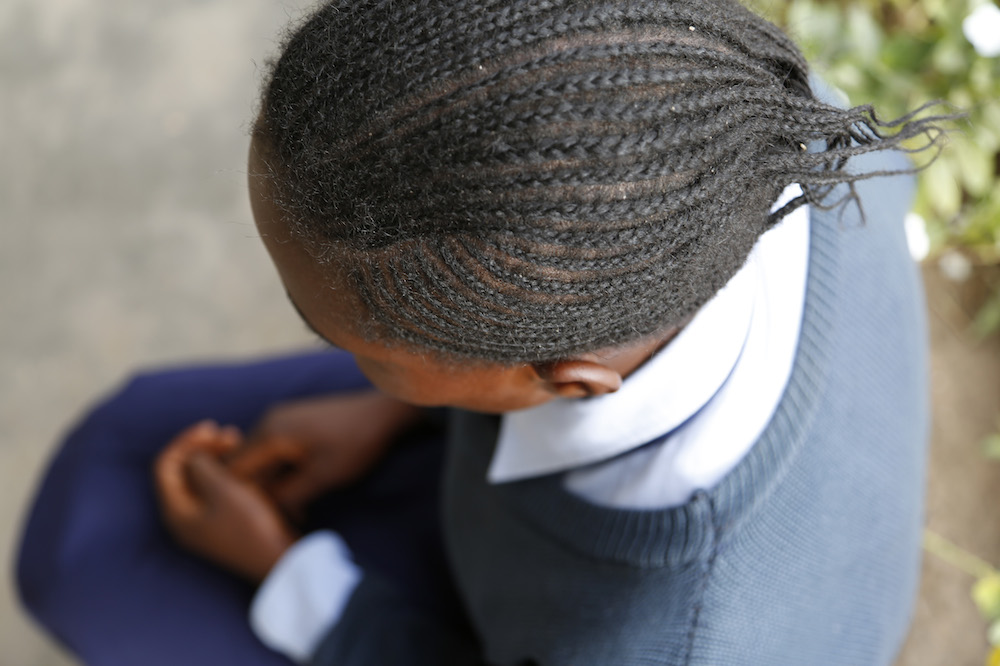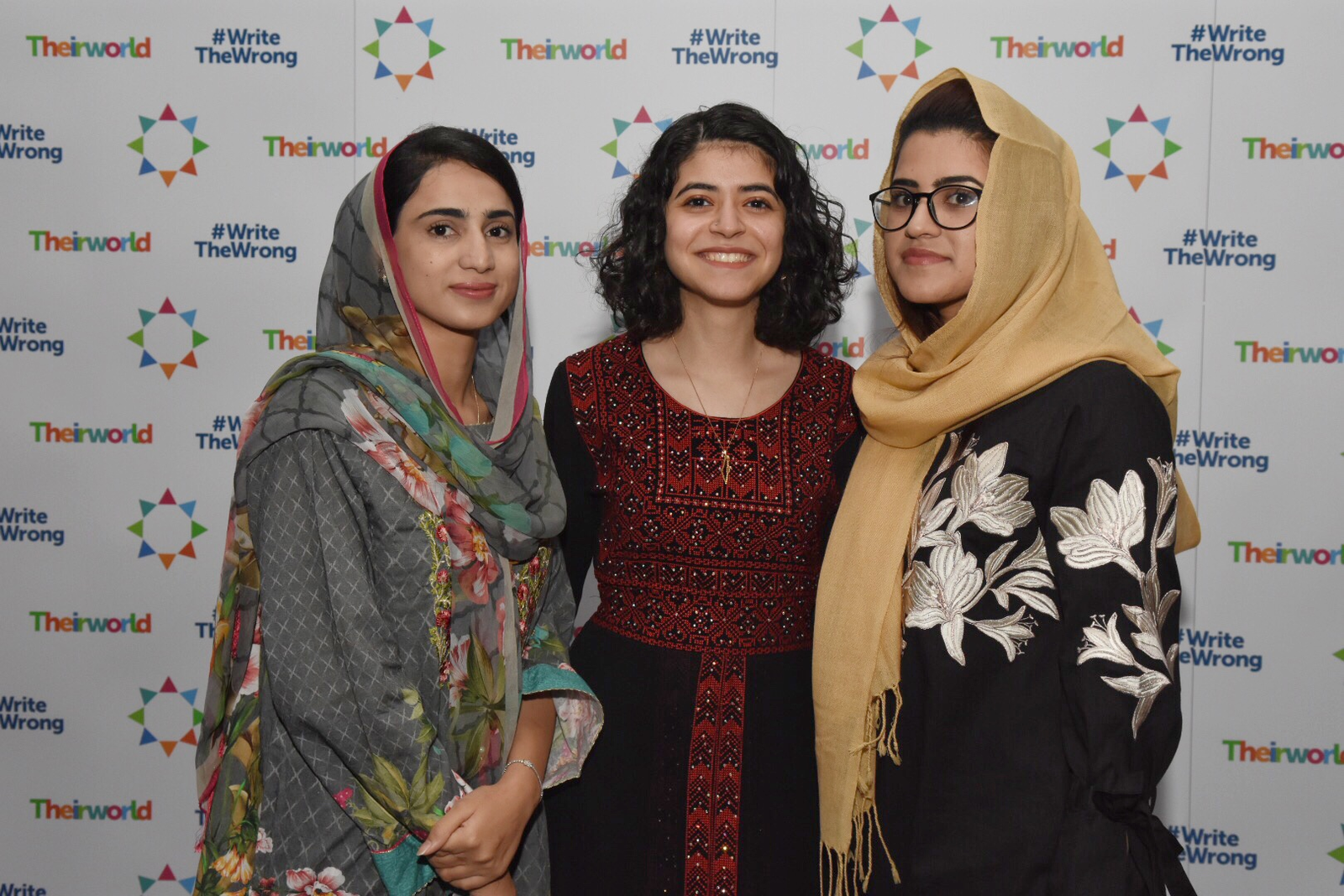Education in Guatemala
More than two million children in Guatemala are out of school, mostly in rural areas. By 17 years old, only 26% of indigenous girls are still at school. By 18, almost 40% of indigenous Mayan girls are married.
Source: Girl Up Picture: Plan International


